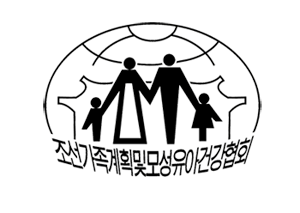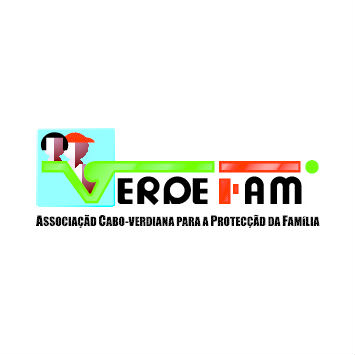

| 31 March 2016
Korean Family Planning & Maternal Child Health Association of DPRK
The Democratic People’s Republic of Korea (DPRK): Family Health Association of Korea (FHAK) formerly Korean Family Planning & Maternal and Child Health Association (KFP&MCHA) was established in 1990. Family Health Association of Korea is actively supported by the government to diversify family planning services and to improve their quality. One of the major challenges is geographic inequality. 80% of the country’s land mass is mountainous, with mining constituting a major industry. Large numbers of people live in this area, working in coal and mineral mines and forest stations. Fertility rates are much higher than in large urban areas, the contraceptive prevalence rate is much lower, and the number of trained family planning advisers is limited. FHAK has targeted these people with reproductive healthcare and information, education and communication (IEC) programmes. Contraceptive prevalence has increased, and the method mix has shifted significantly from IUD to pills, condoms and sterilization. In 2010, FHAKdelivered 538,000 condoms and 138,000 sexual and reproductive health services through 17 service points, including 9 permanent clinics and 8 mobile facilities. The Democratic People’s Republic of Korea (DPRK): Family Health Association of Korea (FHAK) is actively supported by the government to diversify family planning services and to improve their quality. One of the major challenges is geographic inequality. 80% of the country’s land mass is mountainous, with mining constituting a major industry. Large numbers of people live in this area, working in coal and mineral mines and forest stations. Fertility rates are much higher than in large urban areas, the contraceptive prevalence rate is much lower, and the number of trained family planning advisers is limited. FHAK has targeted these people with reproductive healthcare and information, education and communication (IEC) programmes. Contraceptive prevalence has increased, and the method mix has shifted significantly from IUD to pills, condoms and sterilization. In 2010, FHAK delivered 538,000 condoms and 138,000 sexual and reproductive health services through 17 service points, including 9 permanent clinics and 8 mobile facilities.

| 31 March 2016
Associação Caboverdiana para a Proteção da Familia (VERDEFAM)
Established in 1995, the Associação Cabo-Verdiana Para a Protecao Da Familia (VERDEFAM) serves a population of just over 500,000, about 10% of people living in the Republic of Cape Verde. Cape Verde is an archipelago of 10 islands located in the central Atlantic Ocean, 570 kilometres off the coast of Western Africa. Through static service points and mobile clinics, the organization offers family planning, the prevention and treatment of sexually transmitted infections (STIs) including HIV and AIDS, and antenatal and post-natal care. Staff are supported by a large group of volunteers and specially-trained peer educators. VERDEFAM also works in collaboration with Cape Verde National TV to produce health sensitization programmes. Because of its wide-ranging sexual and reproductive health (SRH) expertise, VERDEFAM was invited to participate in the national committee of strategic SRH organizations which together formulated Cape Verde’s National Reproductive Health programme and the 2006-2011 National HIV and AIDS Strategic Plan. Despite its relatively high level of development compared with many other African countries (according to a variety of international indices) the country still has worryingly high maternal and infant mortality counts. Together, these SRH challenges emphasize the importance of VERDEFAM’s services to the men, women, young people and children of the Republic. VERDEFAM works in partnership with a number of government departments, including the Ministry of Health, the Cape Verdian Institute for Gender Equality and Equity (ICIEG), the Committee for the Coordination and fight against HIV and AIDS (CCS-SIDA), the Committee for the Coordination of the fight against Drugs (CCCD) and the Ministry of Education. Civil society partners include the Organizaçao das Mulheres de Cabo Verde (OMCV) and the Red Cross and Acrides. It also works with national networks: the Comité de Coordination du Combat au VIH/SIDA, the Comité Municipal de Santé de la mairie de Praia and the Plateforme des ONGs du Cap-Verde. VERDEFAM receives funding from GTZ, the UNFPA, the National HIV and AIDS Council (BM/CCS-SIDA), ICIEG/SNU), UNICEF and UNAIDS. VERDEFAM has a private sector partnership with the national telecom company. Contacts Website: www.verdefam.cv Facebook: https://www.facebook.com/verdefam.verde







